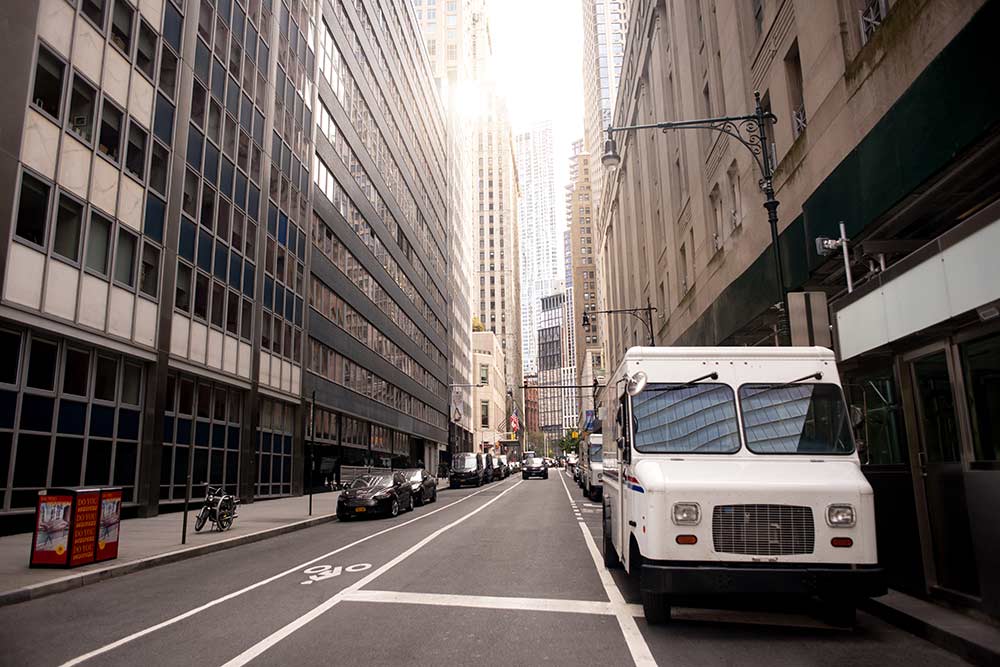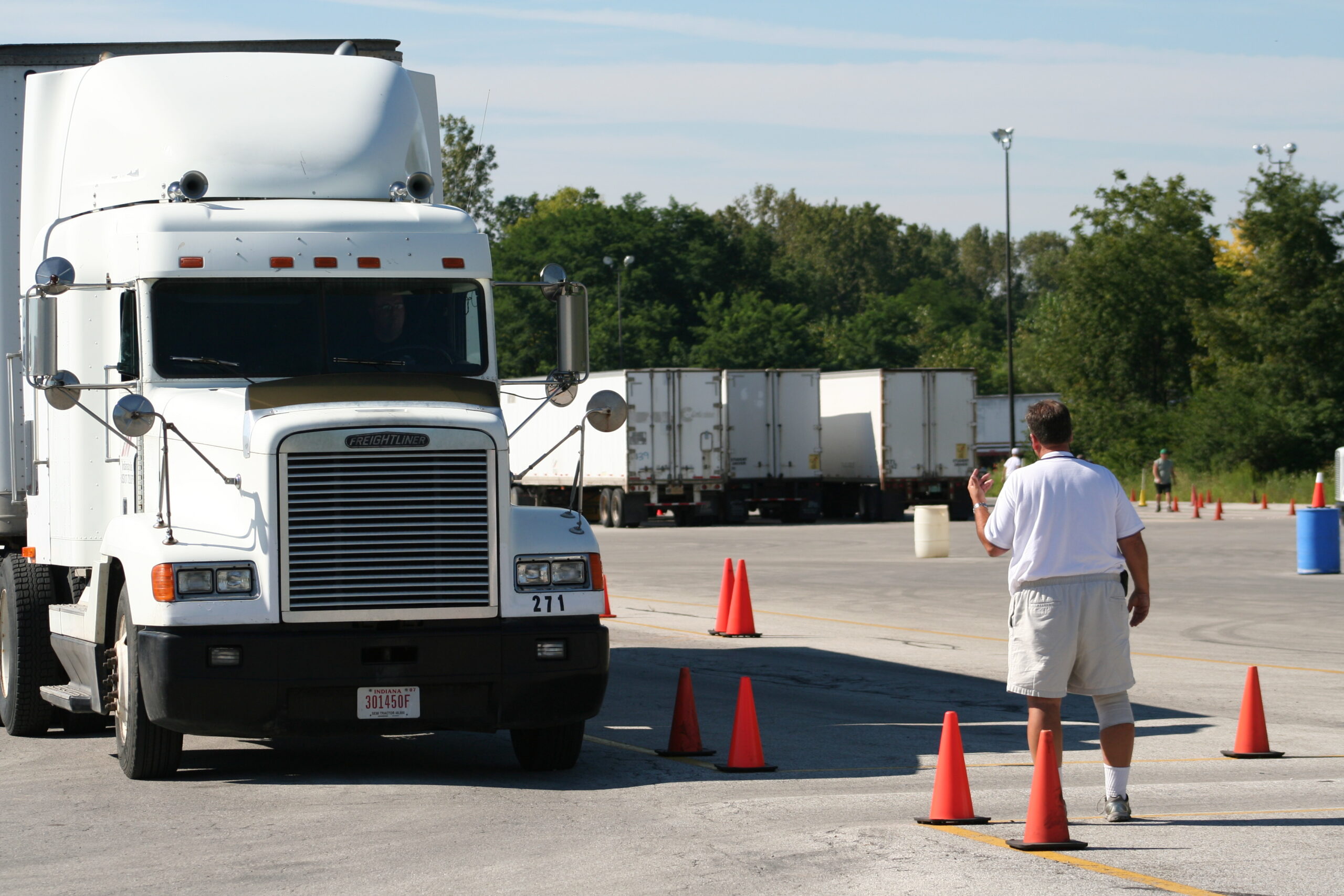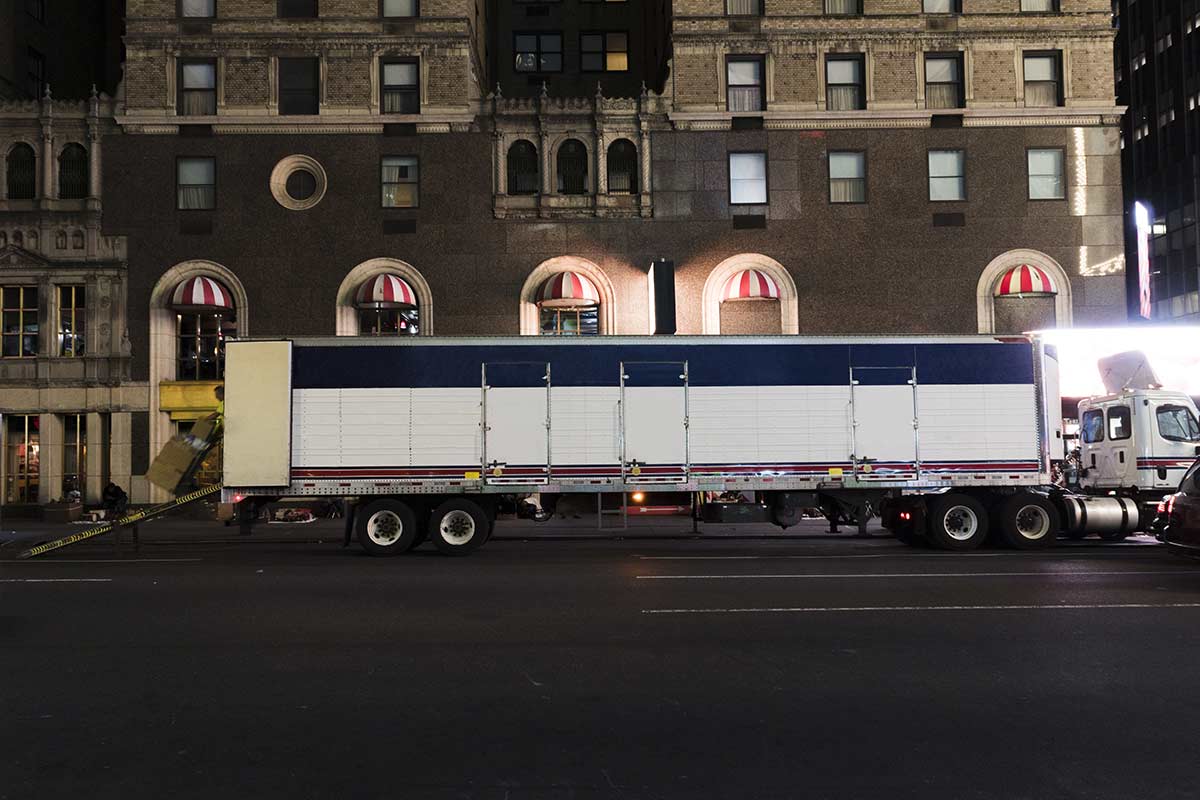New York City truck drivers are unsung heroes, ensuring the seamless transportation of goods. However, commercial driving privileges come with stringent regulations and a ton of commercial trucking infractions in NYC. Understanding how to manage truck summons and infractions is crucial for maintaining a clean driving record and avoiding hefty fines.
Common Types of Truck Summons in NYC
Weight and Size Violations
NYC’s narrow streets and aging infrastructure necessitate strict weight and size regulations for commercial vehicles. Exceeding these limits can lead to severe penalties. Drivers must be vigilant about their truck’s weight, ensuring it adheres to the prescribed limits to avoid infractions that can lead to substantial fines and operational disruptions.
Parking and Standing Infractions
Parking in NYC is a challenge for any driver, but it becomes exponentially harder for truck operators. Commercial vehicles often face summons for parking in unauthorized zones or exceeding the permissible standing time. Familiarizing oneself with the city’s parking regulations and utilizing designated loading zones can mitigate these infractions.
Equipment Violations
Ensuring that a truck is well-equipped and complies with all safety standards is paramount. Common equipment violations include faulty brakes, improper lighting, and inadequate safety gear. Regular inspections and maintenance are essential to prevent these infractions, which can compromise safety and lead to significant fines.
Steps to Handle Truck Summons
Immediate Actions to Take
Upon receiving a summons, it is essential to act promptly. Ignoring the summons can lead to additional penalties, including higher fines and possible suspension of driving privileges. Documenting the incident and noting the violation’s location, time, and nature can be useful in building a defense.
Gathering Necessary Documentation
Assembling all pertinent documentation is crucial. This includes the truck’s maintenance records, the driver’s log, and any photographic evidence supporting your case. Detailed records can help dispute the summons and prove compliance with the regulations.
Consulting Legal Assistance
Navigating NYC’s complex traffic laws can be daunting. Seeking the expertise of legal professionals specializing in commercial driving infractions can significantly improve the chances of a favorable outcome. Legal experts can guide the best course of action and represent you in hearings, ensuring your rights are protected.
Preventive Measures to Avoid Infractions
Regular Vehicle Maintenance
Proactive maintenance is the cornerstone of preventing equipment-related infractions. Routine checks and timely repairs can avert most equipment violations. A robust maintenance schedule ensures that the vehicle remains in optimal condition, reducing the risk of unexpected breakdowns and violations.
Driver Training and Awareness
Investing in comprehensive driver training programs can pay dividends in the long run. Educating drivers about NYC’s specific traffic laws, safe driving practices, and the importance of compliance can drastically reduce the incidence of infractions. Regular refresher courses can also keep drivers updated on any changes in regulations.
Compliance with NYC Traffic Regulations
Staying informed about the latest traffic regulations is imperative for all commercial drivers. NYC frequently updates its traffic laws to improve road safety and efficiency. Regularly reviewing these updates and ensuring that both drivers and fleet managers are aware of the current regulations can prevent infractions and promote smoother operations.
By understanding the nuances of handling truck summons and infractions in NYC, drivers and fleet managers can more effectively navigate the city’s challenging driving environment. Emphasizing preventive measures and seeking professional assistance when necessary can lead to a more compliant and efficient transportation operation, ultimately contributing to the business’s overall success. For more information on NYC traffic violations and strategies to manage them, consult experts who specialize in navigating the city’s complex traffic laws.





